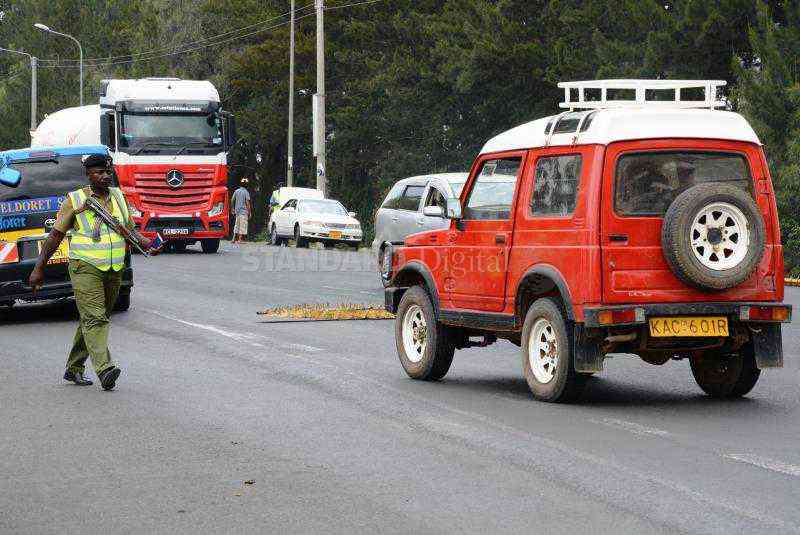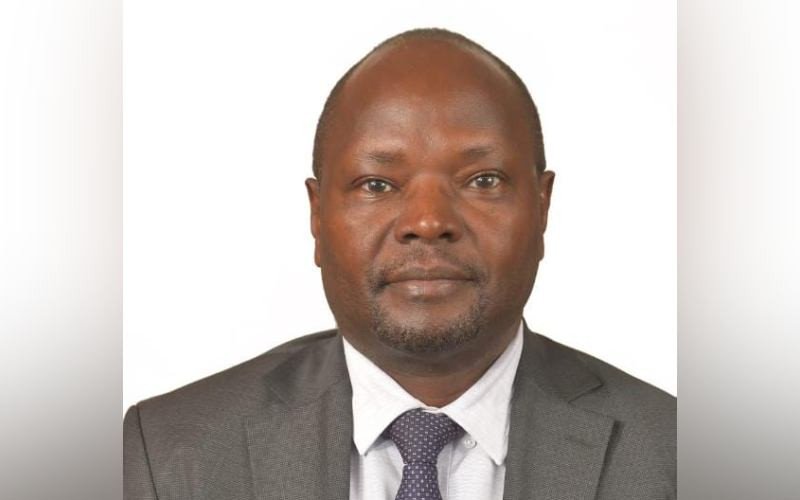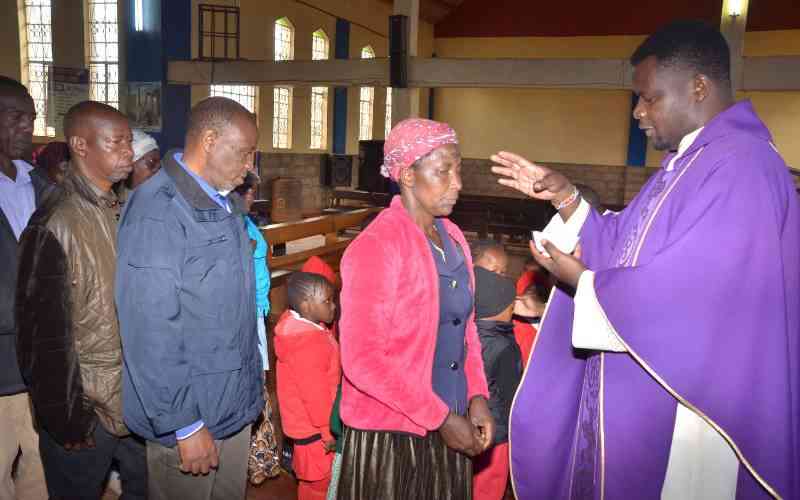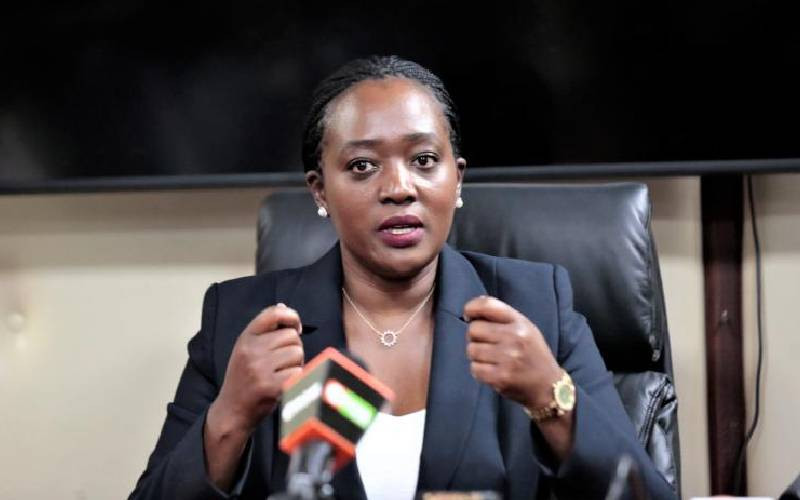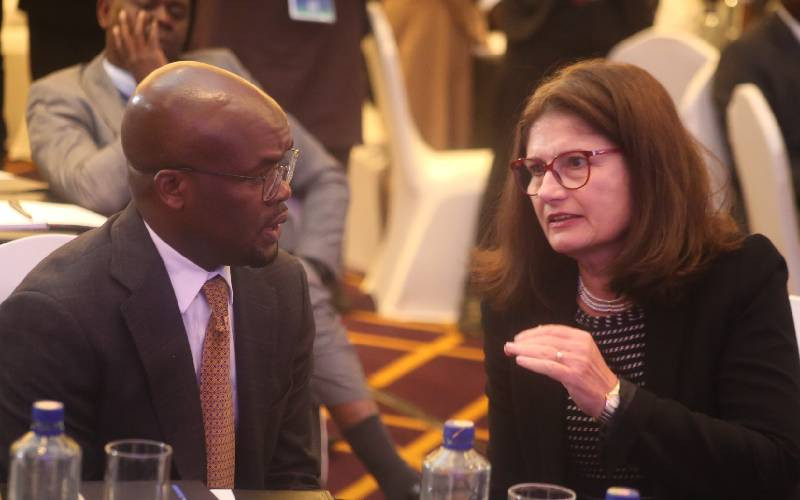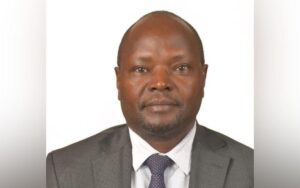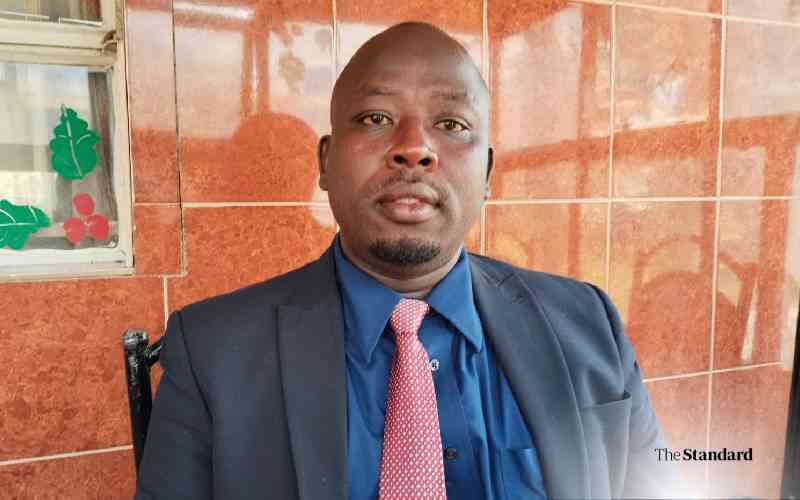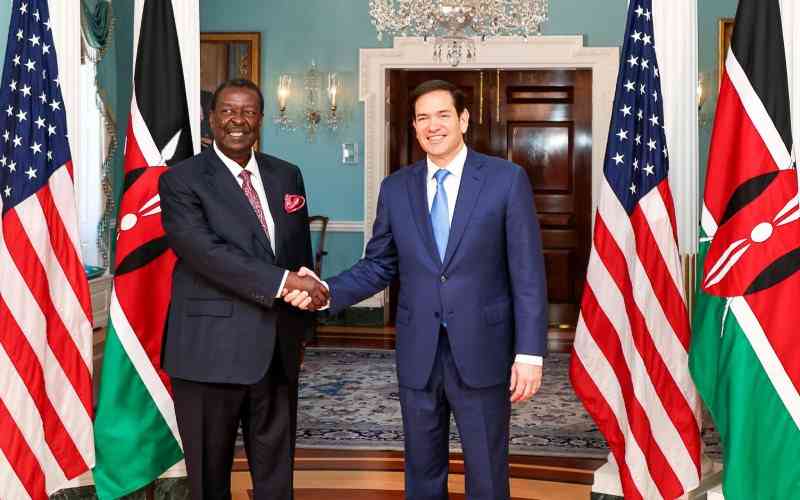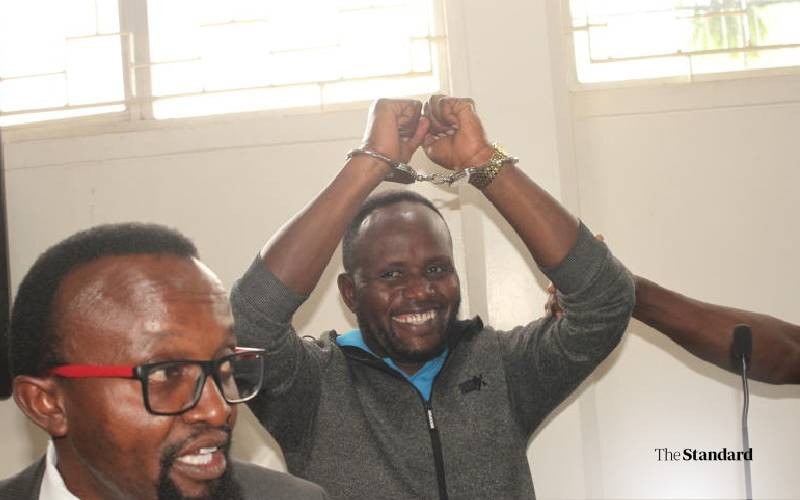Two foreigners suspected of engaging in terrorist activities were arrested on a day the US Embassy in Kenya issued a security alert.
Mozambican national Ahmed Said Agjar was intercepted at the Namanga border point, while Greek national Tachtstzis Angelos Nikiforos was arrested in Garissa after failing to give a satisfactory account of himself.
The two were taken into police custody on Tuesday, coinciding with the US Embassy’s advisory cautioning its citizens to avoid high-traffic areas frequented by foreigners and tourists in Nairobi and other parts of Kenya.
“Terrorist groups can attack with little or no warning. While attacks may occur at any time, concerns are heightened around the anniversary dates of previous incidents, such as the August 7th bombing, the September 11th attacks, the September 21st Westgate Mall attack, and the October 7th Hamas attack against Israel,” the Embassy said in its security alert.
According to the US Embassy, threats posed by terrorist groups such as Al-Shabaab remain real. As a result, hotels, embassies, restaurants, malls, markets, schools, police stations, places of worship, and other areas frequented by foreigners and tourists continue to be considered attractive targets.
One of the suspects Ahmed Said, 43, was arrested by Immigration officials after crossing over from Tanzania. Police said his arrest followed a stop order issued to Immigration officers on September 6, 2022 over suspicions that he was a terrorist leader involved in recruiting foreign nationals to join ISIS militants operating in Mozambique.
The Mozambican, who had travelled from Arusha, was later handed over to detectives from Anti-Terrorism Police Unit (APTU) and taken to Nairobi for further interrogation.
In Garissa, 24-year-old Greek was arrested outside a local bank after a tip-off raised suspicion over his conduct. When he noticed police officers approaching, Angelos attempted to flee but was quickly cornered. He was handed over to the APTU after failing to provide a clear explanation for his presence in the area.
Meanwhile, Interior Principal Secretary Raymond Omollo warned that weak surveillance, fragmented jurisdiction, and poor coordination continue to leave Africa’s borders vulnerable to terrorist exploitation.
Speaking at the Fourth Nairobi Caucus on Enhancing Border Security to Deter and Disrupt Terrorist Activity, Omollo stressed the urgent need for intelligence-sharing, deployment of smart border technologies and stronger regional cooperation.
“Across the continent, the terrorist threat landscape continues to rapidly evolve in scope and complexity. Terrorist groups have adopted more sophisticated structures to adapt to counter-terrorism efforts and exploit the existing and emerging vulnerabilities,” he said.
Dr Omollo, described terrorism as a national security threat whose growing sophistication has turned borderlands into corridors for recruitment, arms and drug trafficking and operational maneuvering.
“Over 80 per cent of violent extremist fatalities recorded across the continent in 2024 occurred in border-adjacent regions. This geographic concentration of terrorism along the borders is no coincidence; it underscores the significance of borderlands to terrorism. These groups seem to have weaponised our borders against us,” said Omollo.
Stay informed. Subscribe to our newsletter
The two-day caucus has drawn representatives from across Africa, including for the first time delegations from West Africa.
Kibiego Kigen, the National Counter Terrorism Centre (NCTC) Director General said borders are the front lines of the defence against a persistent and evolving threat.
Corridors of recruitment
He stated that terrorist groups are exploiting modern technology, travel networks and financing systems to move personnel and weapons across countries.
“The threat we face is transnational in nature. Terrorist organisations exploit borders, sophisticated travel networks, and modern technology to move personnel, financing and weapons. They seek to evade detection and exploit weaknesses in our security architecture,” Kigen said.
Interior Cabinet Secretary Kipchumba Murkomen last month reiterated government’s resolve to fight Al-Shabaab.
Speaking in Laikipia, the CS noted threats posed by the militants remain real, and called for caution. “We are fighting an enemy that is vicious; we have never stopped doing so. Kenyans do not hear much, but the Al-Shabaab attacks have not stopped,” he said.
The CS praised efforts of multi-agency teams where several attack attempts have been foiled. He said the problem had been compounded by the current fighting inside Somalia between soldiers of Federal Government of Somalia and Jubaland.
“We are seized of all issues happening in border counties in relation to terrorist attacks, and we will continue to provide our officers with the necessary support and equipment,” he added.
Additional reporting by Emmanuel Kipchumba


